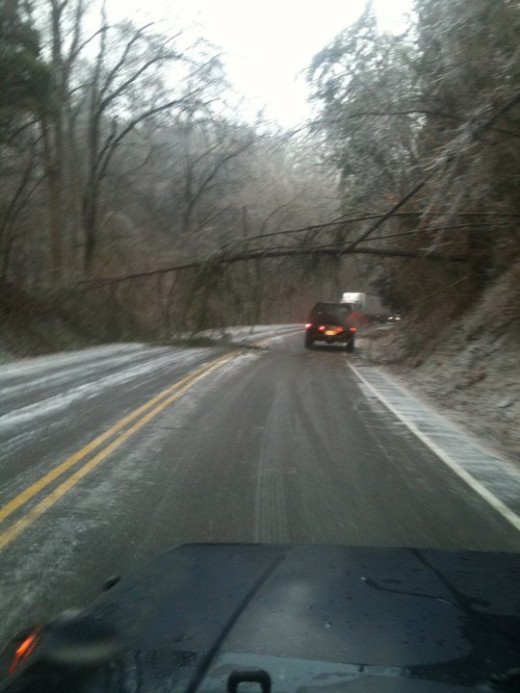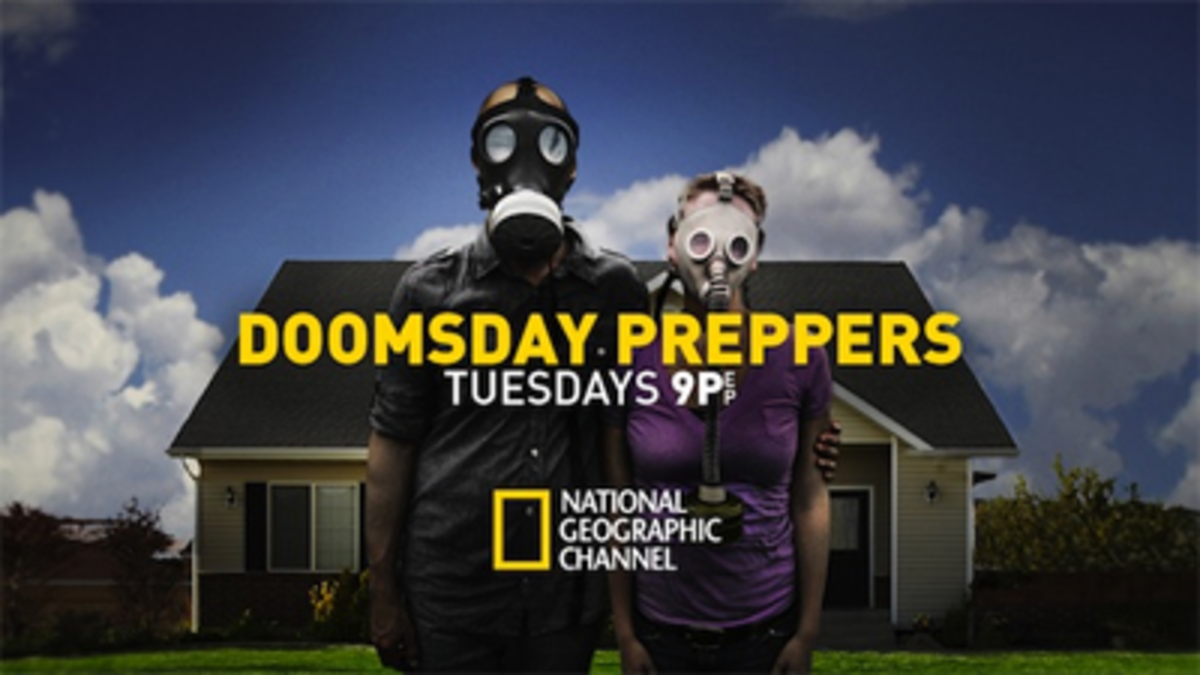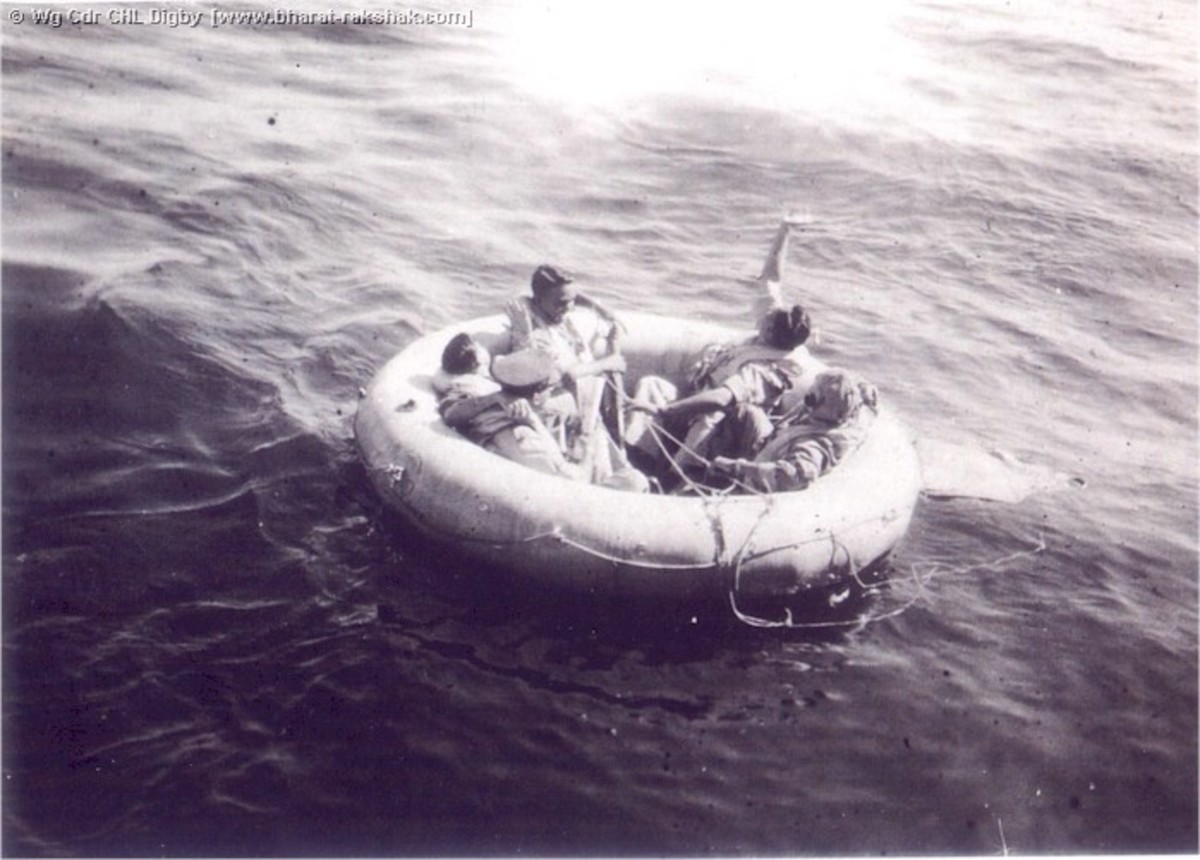Preparing for Disasters in 2013

A new year, and time to review and examine your emergency preparedness. In the ever changing world there are more threats that could occur at anytime, but also new technology to help either survive, warn, or prepare for the disasters.
Types of disasters to prepare for are the following:
- Natural: earthquakes and weather related
- Manmade: Shootings, terrorist, financial, disease
Some disasters are next to impossible to predict, such as anything man-made and some natural disasters such as asteroid impacts and earthquakes. Others such as weather related incidents are easier to predict, and technology is getting better and better at issuing warnings.
The first thing to realize, is the more information you have access to, the better you are able to respond. Smartphones are the primary source of information in todays world, and barring a loss of multiple cell towers they are the easiest source of information to acquire. Some recommendations to maximize your information gathering are as follows.
- Apps: Find and download a good weather app, earthquake notification app, breaking news app(such as AP, Fox, CNN) and any local news apps.
- Text alerts: Sign up with weather services(weather.com) for alerts for your area. They send watches, warning etc. Sign up with several local news agencies as well. They can send breaking news directly to your phone.
- Radar: A good radar app will help you keep your eye on the storms as they approach
This makes your phone your primary source of information gathering. The above will help cover local and worldwide information. However, putting all your eggs in one basket is unwise, so I would also suggest a good weather radio, and a battery operated normal radio. The weather radio can be programmed to issue alerts from not only your county, but surrounding counties as well. This gives even more advance warning if you realize a tornado is one county over. As fast as storms can move, one additional minute could make all the difference. A regular radio can give you updates during disasters.
Once you have a good data gathering system in place, you need to look at what to do in case you are in a disaster or emergency. Assume that you could be without power, or even isolated for up to two weeks depending on the severity of the situation. Earthquakes, hurricanes, and tornadoes can leave the infrastructure down, damaged and roads impassable for weeks on end depending on the severity. In case of widespread or localized terrorist attacks, or a major pandemic outbreak, you could be isolated for even longer.
Have an area of your house designated for emergency preparedness, and check your stock pile often to make sure dates are good on the food and medicine, and that your equipment is in working order. Depending on your budget and technical expertise you can go to the extreme of having a generator or solar panel/battery bank back up in place, or you can attempt to make do with little to no power. Regardless there are some things everybody should have.
- Water: This is extremely important as water is your primary source of survival. You will need water for drinking, for cooking, and for cleaning wounds. Don't rely completely on purification pills, as damage to the pipelines could cause the infrastructure to be broken. Have some on hand for rainwater collection if possible, but have about two weeks of water on hand for your family.
- Light source: Make sure you have flashlights, candles, lamps, and any oils or propane that is needed to light them. A good hand crank light source is invaluable in a disaster. Make sure you have waterproof matches and lighters as well for candles or starting a fire if needed.
- Energy source: Make sure you have lots of batteries on hand. These are needed for flashlights, radios, etc. If possible acquire a solar phone charger to keep your primary source of information and communication up and running. During emergencies data transfer and text messages are generally more reliable then voice. If you are good with a solder iron and small components, there are diagrams on the web to allow you to build a phone charger using a battery and some small components.
- Food: Stock up on canned goods and non perishables. You won't be eating steak and burgers, but primarily you need to survive. Have a hand held can opener on hand to open those pesky cans. A good Coleman camp stove with some propane is required to cook food and boil water.
- Medicine: Make sure you have all your prescription drugs handy, plus some Advil/Tylenol, some antibacterial spray(such as bactine), bandages, wraps, and a good sharp knife.
- Training: Take a red cross CPR and first aid course at your first convenience. You never know if you have to treat frostbite, puncture wounds, broken limbs, or have to perform CPR.
- Miscellaneous: Have copies of your insurance papers, identification and some cash in a nice fire proof safe. Having the paperwork on hand will help once help arrives. Keep a good knife that can cut fabric on hand. Some mace or a gun(if you are trained in how to use one) in case of looters or mass panic. Katrina showed how desperate people can become.
Some disasters have warnings, others don't; however by planning ahead, having some training and knowledge, you can help yourself until help comes.






